
Stroke Is Increasing Among Young People: 4 Warning Signs During Sleep That May Predict a Stroke – What You Need to Know
For many years, strokes were considered a condition that only affected the elderly. However, recent studies and real-life cases have shown a disturbing trend: strokes are increasingly affecting younger individuals, even those in their 20s and 30s. The causes vary—ranging from high stress, poor lifestyle habits, to genetic and underlying health conditions—but one thing is clear: the signs are often subtle and easy to overlook, especially when they appear during sleep.
Recognizing early warning signs can be life-saving, particularly when they occur during the night. Many young people ignore these symptoms, attributing them to fatigue, stress, or poor sleep. However, knowing what to look for can help you act before a stroke occurs. Here are four critical warning signs that may appear during sleep and should never be ignored:
1. Numbness or Weakness in Limbs While Sleeping
If you suddenly wake up in the middle of the night with numbness, tingling, or weakness in your arms or legs—especially on one side of the body—it could be a warning sign of an impending stroke. While it’s common to sleep on a limb and cause temporary numbness, recurring or severe symptoms may indicate that blood flow to the brain is being compromised. If this happens more than once, it's time to see a doctor.
2. Difficulty Speaking or Slurred Speech Upon Waking
Some people report waking up and finding it difficult to speak clearly, as though their tongue feels heavy or they are slurring their words. This may disappear after a few minutes, but it is a red flag. Transient Ischemic Attacks (TIAs), also known as mini-strokes, often occur during the night and cause brief neurological symptoms. TIAs are serious warnings that a full stroke may follow.
3. Severe Headache During the Night or Early Morning
While headaches can have many causes, a sudden, severe headache—especially if it wakes you from sleep—can be a sign of a hemorrhagic stroke or aneurysm. If this headache is accompanied by vision problems, confusion, or weakness, you should seek immediate medical attention. Don’t dismiss it as just a migraine or stress.
4. Unusual Dizziness or Balance Issues When Getting Out of Bed
Feeling lightheaded or losing balance briefly after waking is common. But if you experience intense dizziness, trouble standing, or a sense of spinning (vertigo) without explanation, it could indicate a disruption in the brain's blood supply. This can be an early warning of a stroke, particularly in the cerebellum, the part of the brain that controls balance.
What You Should Do
If you or someone you know experiences any of these symptoms, especially repeatedly or in combination, don’t wait. Visit a neurologist or request a brain scan. Simple tests like MRIs or CT scans can detect changes in brain activity and help prevent a full-blown stroke.
Also, don’t underestimate your risk just because you're young. Unhealthy habits such as smoking, drinking excessively, eating a high-fat diet, and leading a sedentary lifestyle significantly increase stroke risk, even in people under 40. Conditions like high blood pressure, diabetes, and high cholesterol can quietly build up damage in the blood vessels over time.
Conclusion
Stroke does not discriminate by age anymore. What used to be a disease of the elderly is now a threat to young adults who may be unaware of the dangers. Sleep is supposed to be a time of rest and recovery, but if your body is showing warning signs during the night, it’s time to listen. These nighttime signals may be your brain’s way of asking for help. Recognizing them early could be the difference between a full recovery and lifelong disability—or even saving your life.
News in the same category

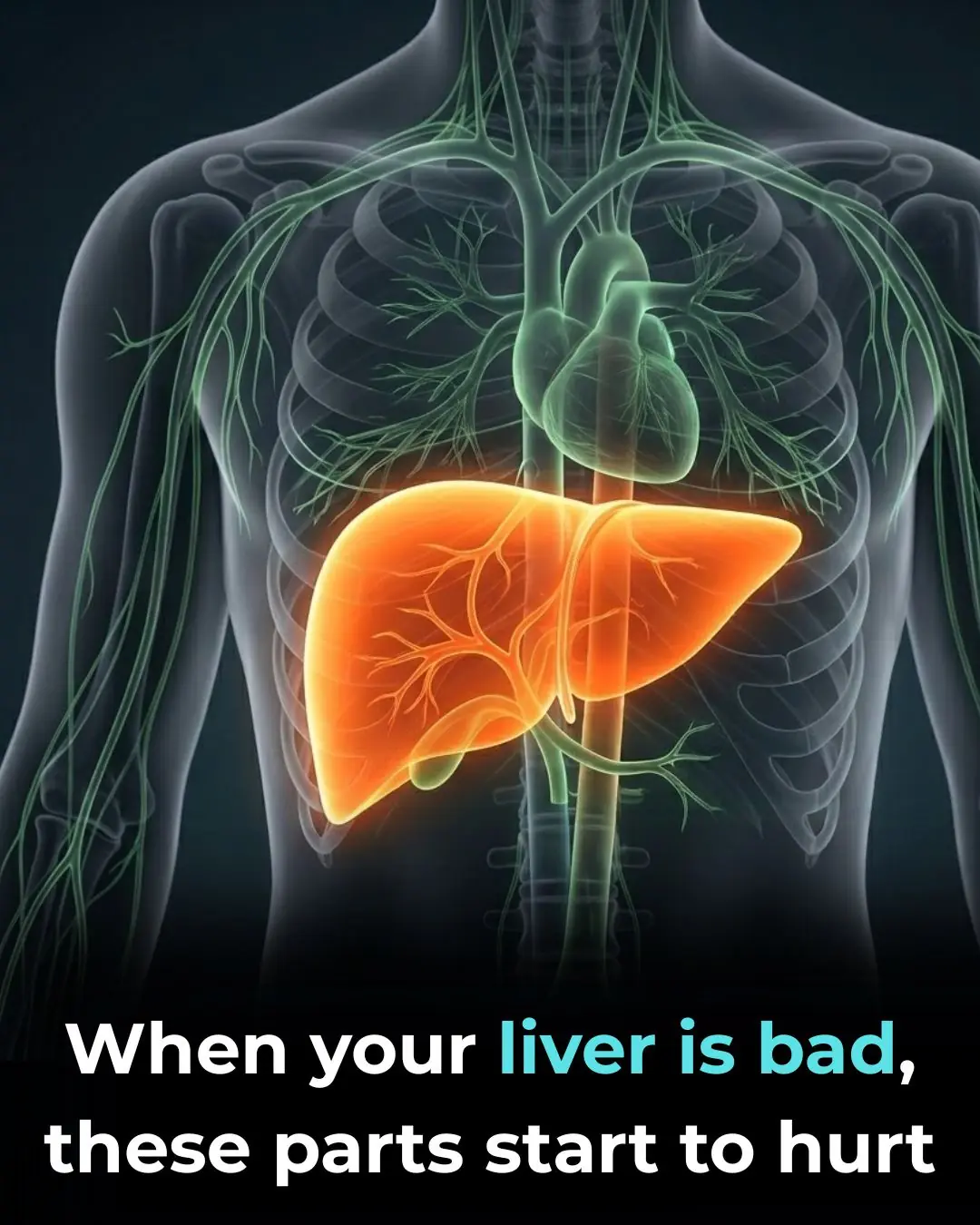
When your liver is bad. Please check if this is correct.

A Natural Drink to Support Healthy Knees
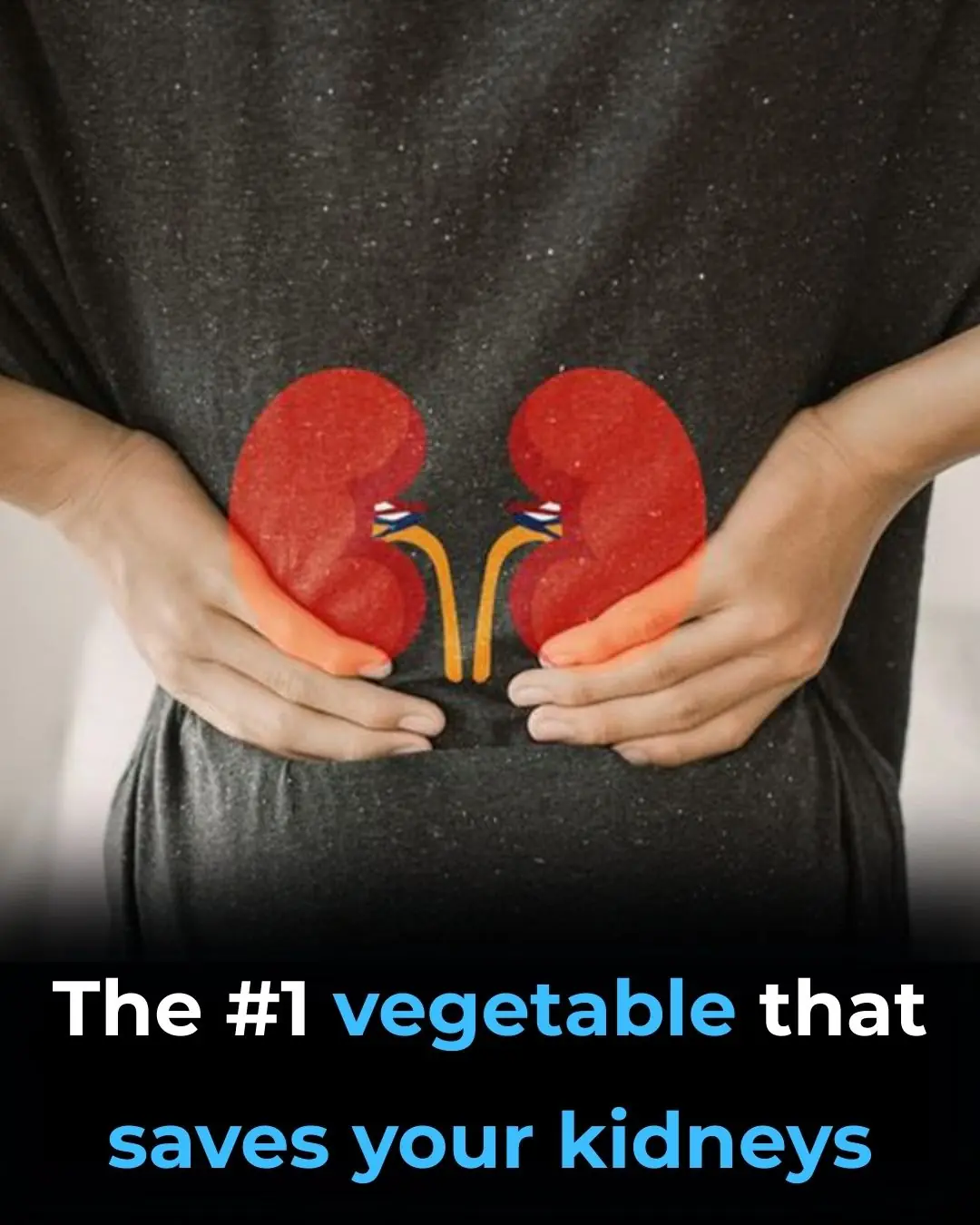
Vegetables That Help Support Kidney Health

Restore Clear Vision Naturally: The Hidden Power of Oregano for Eye Health

How to Make Okra Water to Naturally Support 17 Aspects of Everyday Health

Folha-da-Vida (Kalanchoe): The Garden Plant Many People Have—but Few Know How to Use

Don’t Toss That Avocado Pit: Practical Tips, Nutritional Insights, and Smart Uses You Should Know
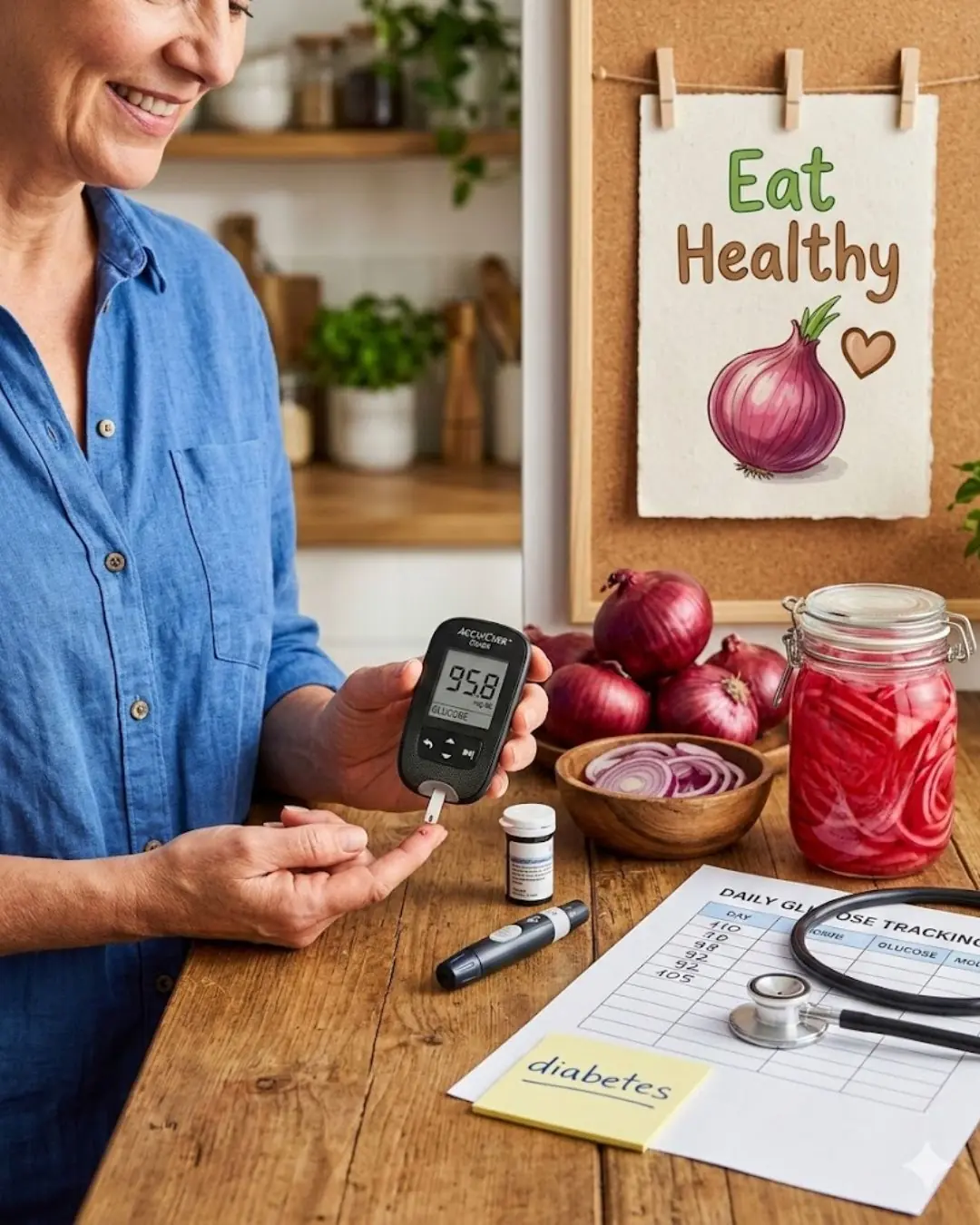
The Secret of Red Onion: A Simple Kitchen Recipe That May Support Metabolic Balance

ALERT: These are the Signs of Sweet Syndrome

Doctors reveal that cassava consumption causes...

Sweet Potatoes for Breakfast
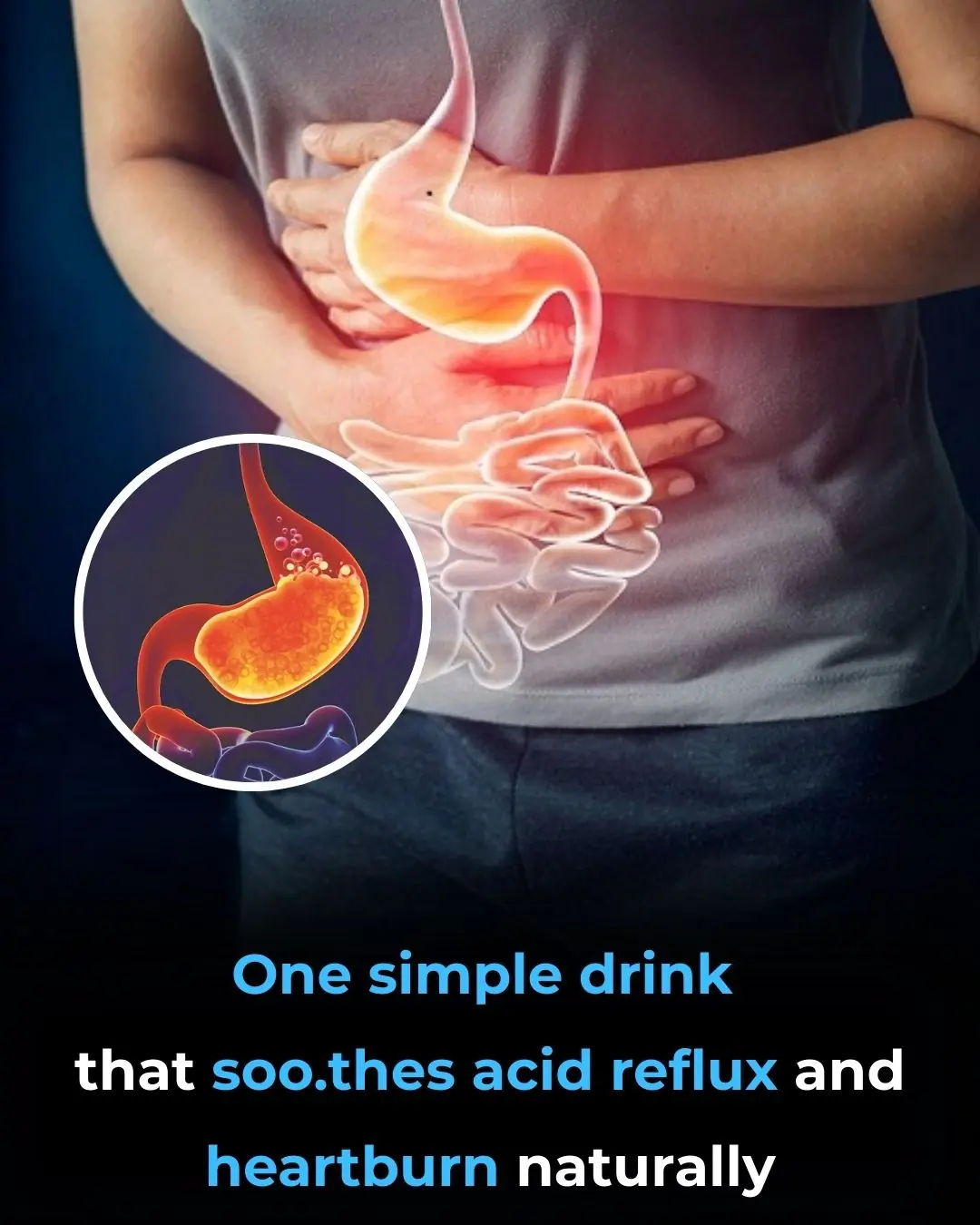
Natural Drinks That May Help Soothe Acid Reflux and Heartburn

You Shouldn't Ignore These Signs: When Your Body Is Trying to Tell You Something
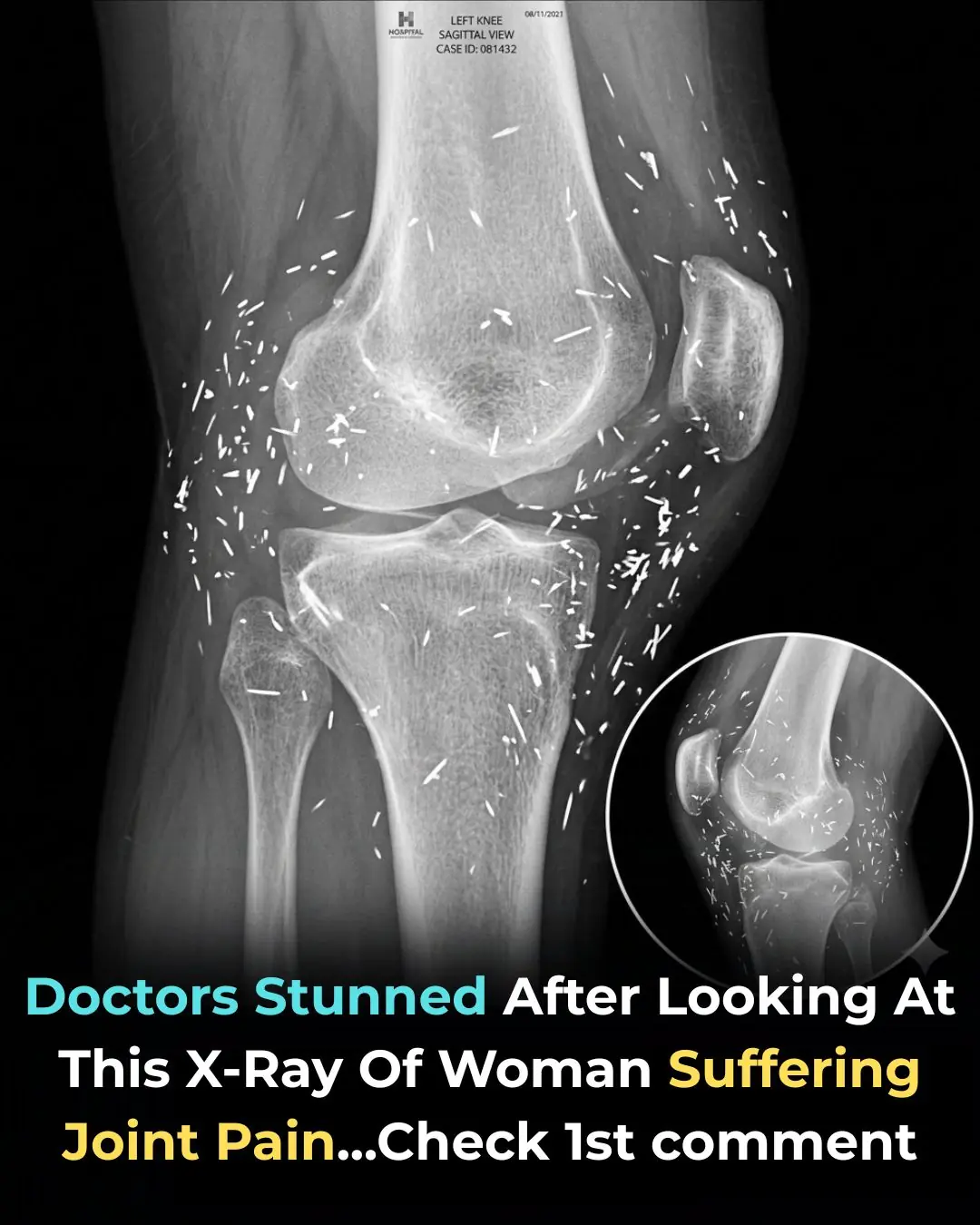
Doctors Stunned After Looking At This X-Ray Of Woman Suffering Joint Pain

Doctors reveal 8 hidden habits that cause bad odor in older women

Natural Ginger, Onion, Garlic, Lemon & Honey Remedy: A Simple Homemade Recipe to Support Immunity and Soothe Colds
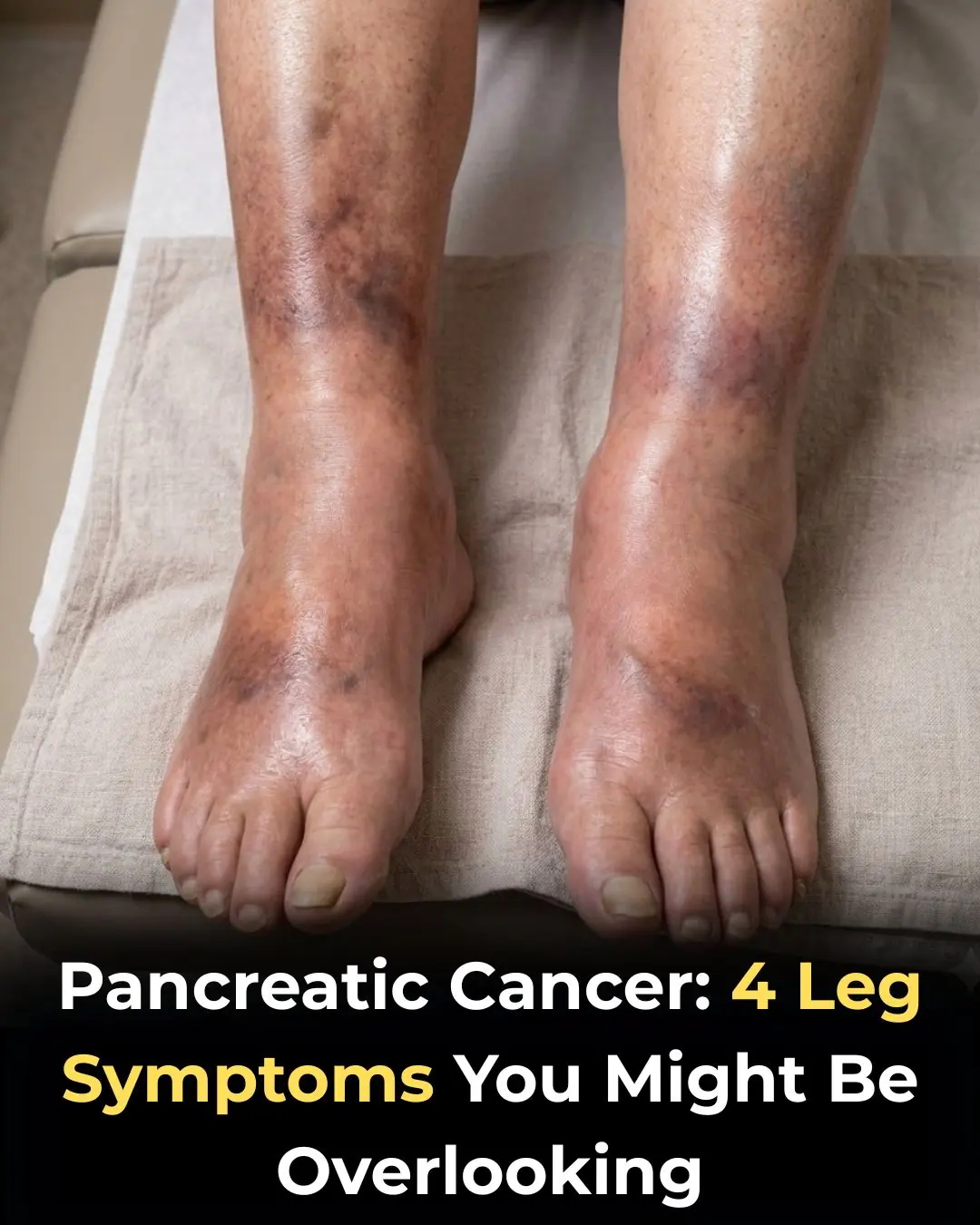
The Silent Signal: What Your Legs May Reveal About Pancreatic Health
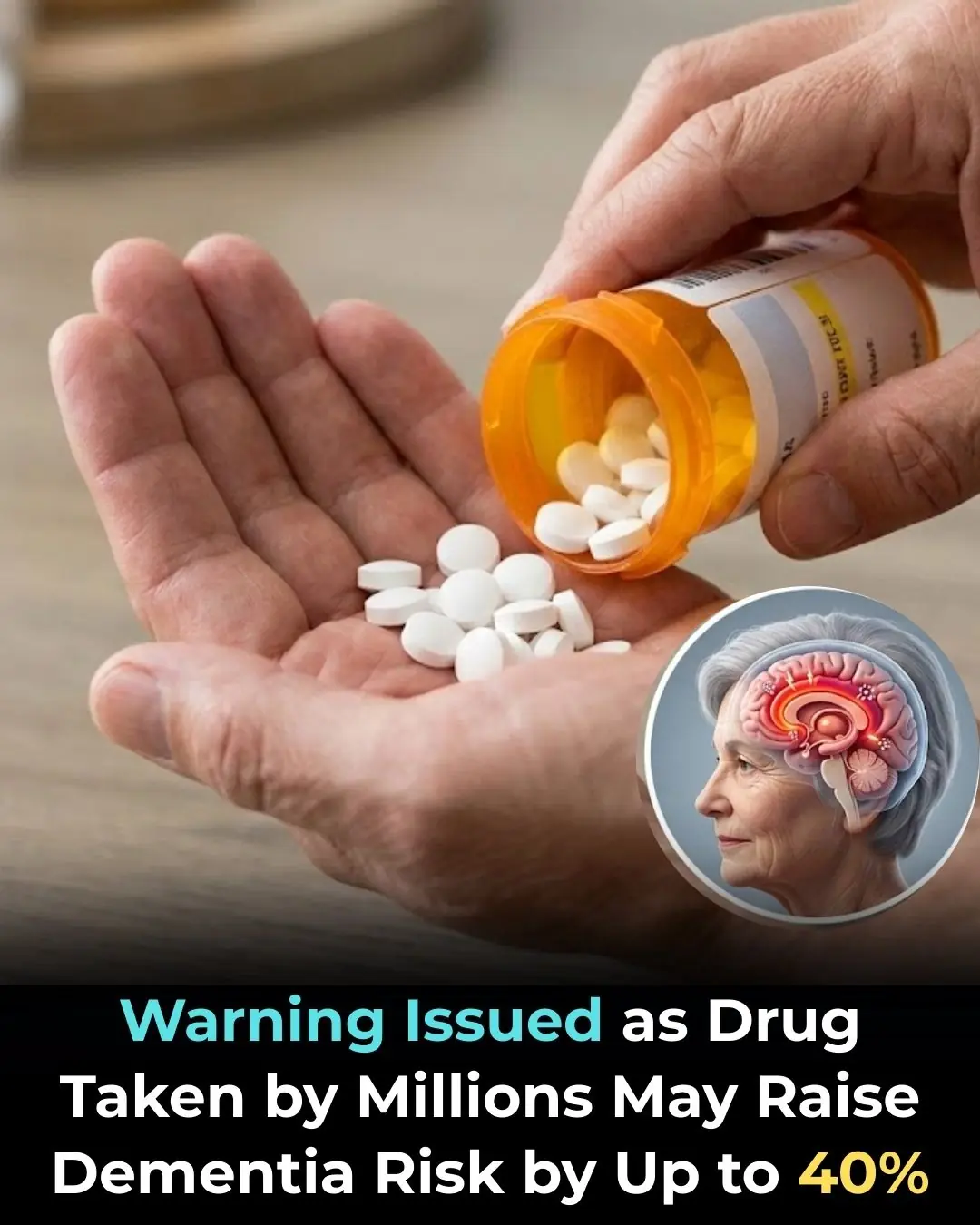
Common Back-Pain Drug May Be Linked to Higher Dementia Risk, Large Study Finds

The 5 Most Laxative Foods in the World: Nature's Gentle Solution for Digestive Health
News Post

She Poured Red Wine on Me at a Billionaire Yacht Dinner—Then the Cameras Turned On

Senior Slapped Girl On Bus… Then Her Brother Got On

They Thought It Was Just a Joke Until the Laughter Died

He Thought the War Was Over — Until He Stepped Inside His Own Home

They Thought It Was Just a Joke Until the Laughter Died
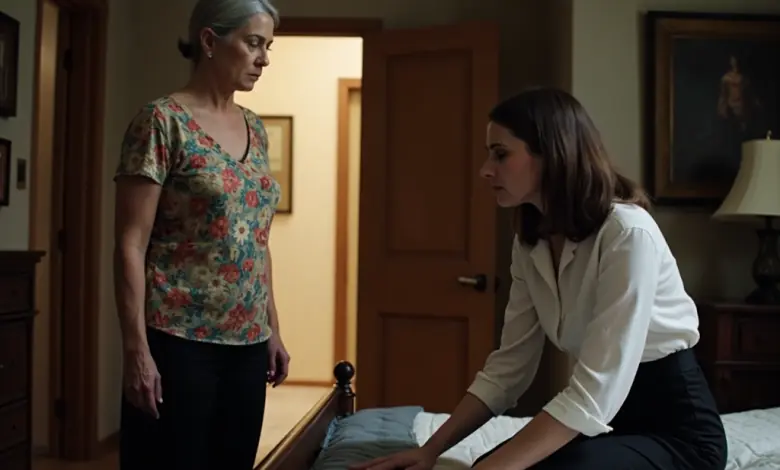
A Young Bride Changed Her Sheets Every Day.
The Fifteen Seconds That Changed Everything

More Than a Moment: Understanding the Layers of Intimacy

When your liver is bad. Please check if this is correct.

Experts Warn Avoid These 4 Foods If You Want to Live Longer

A Natural Drink to Support Healthy Knees

Vegetables That Help Support Kidney Health

They Thought It Was Just a Joke in the Gym. That Single Throw Changed Everything

Restore Clear Vision Naturally: The Hidden Power of Oregano for Eye Health

How to Make Okra Water to Naturally Support 17 Aspects of Everyday Health

The Bridesmaid Spilled Wine and Called Her “A Poor Little Bird.” Then the Best Man Put a Crown on the Bride.

She Struck the “Janitor Bride” in Church—Then the Pastor Dropped to His Knees

Folha-da-Vida (Kalanchoe): The Garden Plant Many People Have—but Few Know How to Use

Don’t Toss That Avocado Pit: Practical Tips, Nutritional Insights, and Smart Uses You Should Know
